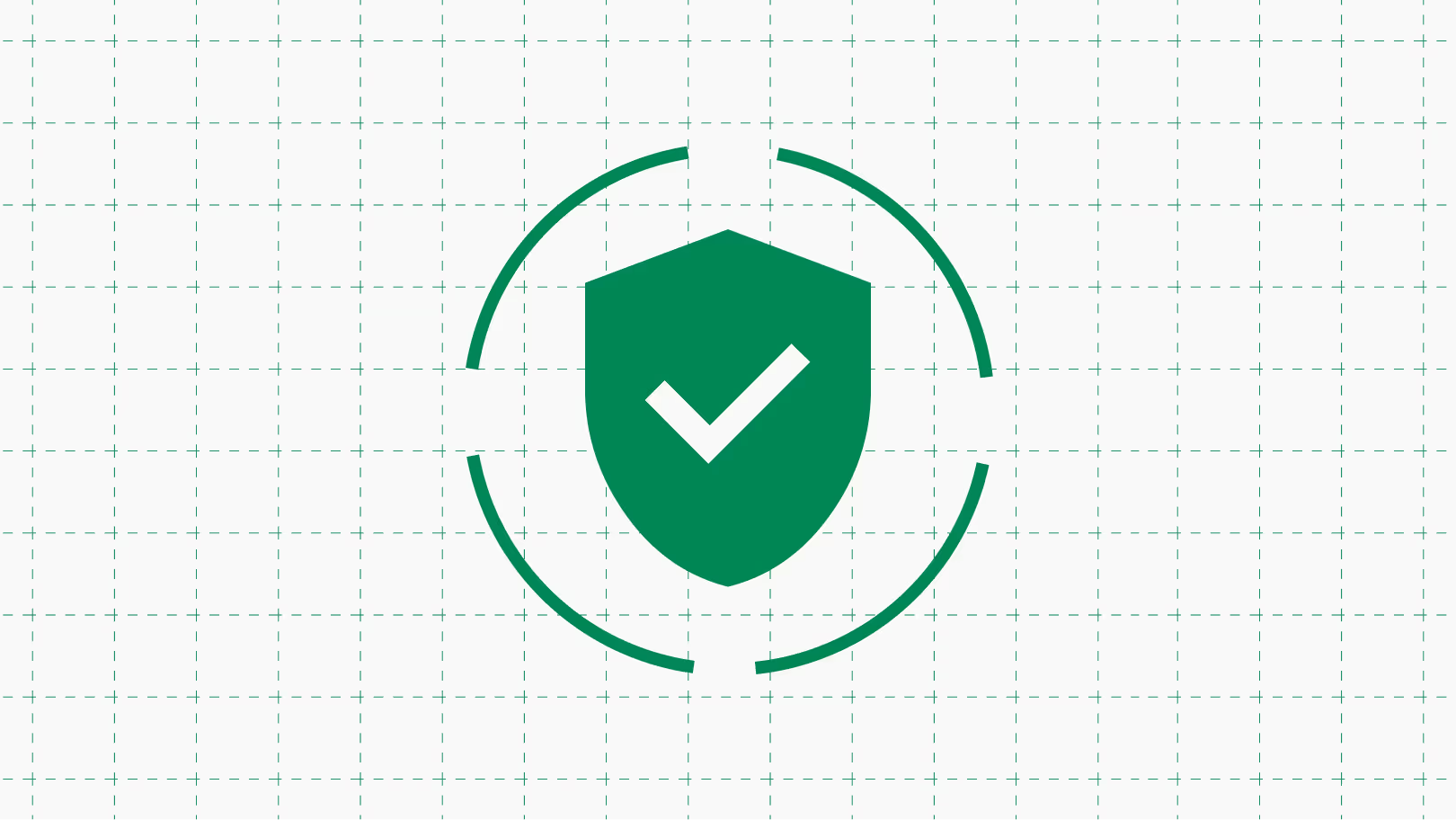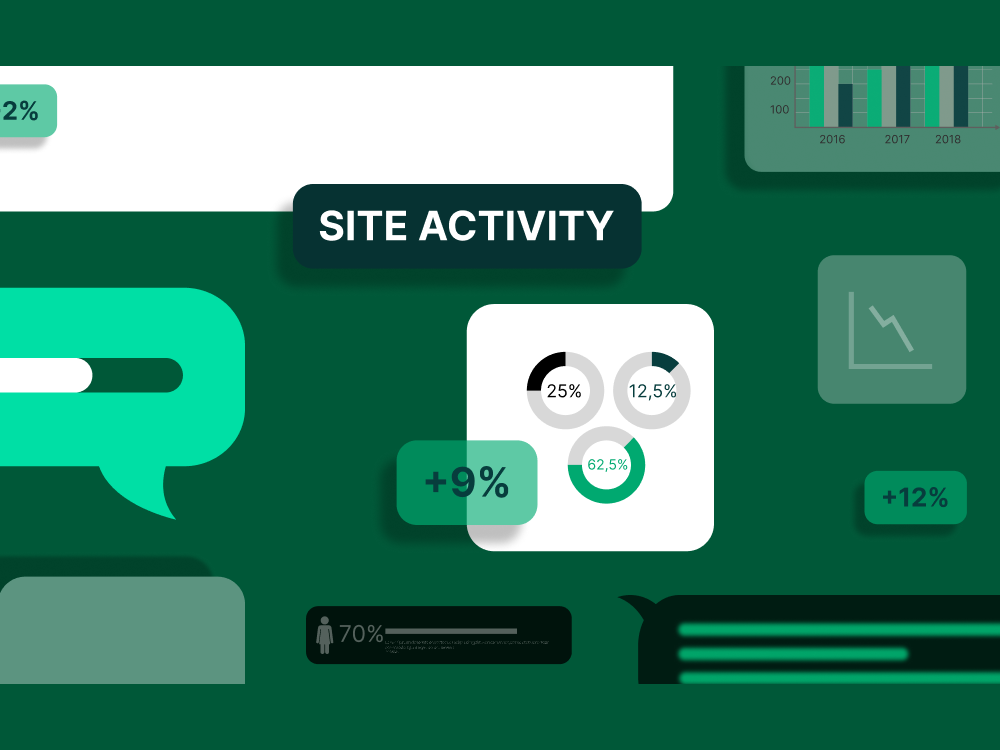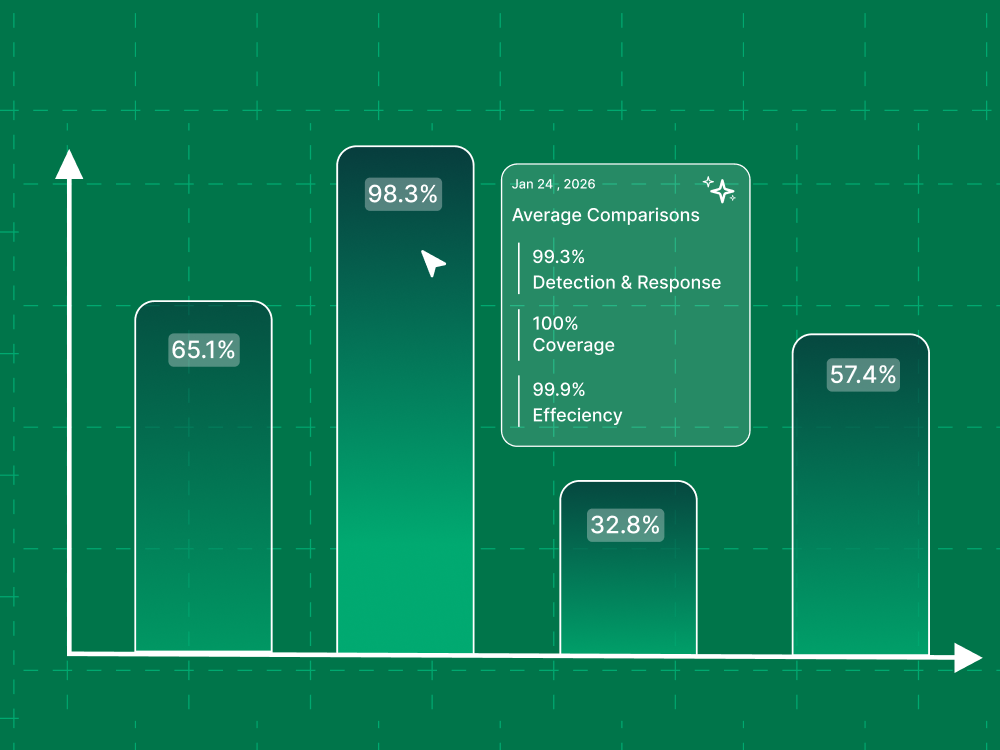Trying to keep up with security threats, alerts, and compliance requirements can feel like running a never-ending marathon. Every day there is a new vulnerability, a new alert, or another regulation to follow, and your team is expected to catch it all before it becomes a problem. It is exhausting, and honestly, no one can watch everything 24×7 without the right tools and expertise.
That is where Managed SOC (Security Operations Center) providers come in. Think of them as a dedicated team of security experts who monitor your systems around the clock, spot threats before they become disasters, and help make sure you stay compliant with regulations like SOC2, ISO27001, or HIPAA. In simple terms, it is like having a watchful security squad without the overhead of building one in-house.
In this guide, we will break down exactly what you need to know to choose the right Managed SOC provider for your business. We will cover how to evaluate providers, what features matter most, how to compare options, and what questions to ask to make sure you pick a partner you can trust. No jargon, no fluff, just practical, actionable guidance to help you make the right decision.
What is a Managed SOC and Why It Matters
A SOC, or Security Operations Center, is basically a team that watches over a company’s IT systems to spot and respond to security threats. Traditionally, companies build their own in-house SOC with staff, tools, and processes to handle security alerts around the clock.
A Managed SOC takes that concept one step further. Instead of building and running it yourself, you partner with a team of experts who monitor your systems 24 hours a day, seven days a week. They handle threat detection, incident response, and security monitoring so you do not have to worry about it yourself.
Many businesses choose to outsource their SOC because it saves costs, provides access to skilled security professionals, reduces the risk of breaches, and helps meet compliance requirements like SOC2, ISO27001, or HIPAA. In other words, you get the benefits of a dedicated security team without the hassle of building and maintaining it in-house.
Why Companies Choose Managed SOC Services
Many businesses are turning to Managed SOC services for one simple reason: it makes their lives easier while keeping their systems secure. Here are the main benefits in plain terms:
- Reduce operational load
By outsourcing your SOC, your internal teams are freed from constant alert monitoring and manual threat hunting. This lets them focus on higher-value projects instead of chasing down every security notification. - Faster detection and response
With experts monitoring your systems around the clock, threats are detected and handled much quicker. That means fewer breaches, less downtime, and less impact on your business operations. - Access to expert analysts
Finding and keeping skilled security professionals is hard. A Managed SOC gives you access to a team of experienced analysts without the hassle of recruiting and training them yourself. - Compliance readiness
Staying compliant with SOC2, ISO27001, HIPAA, or other standards can be complicated. A Managed SOC helps make sure your security processes and reporting meet industry requirements.
The best part is peace of mind. You get the comfort of knowing someone is always watching for threats, so your business and customers stay protected while your team focuses on what they do best.
Key Features & Capabilities of a Managed SOC
If you are thinking about partnering with a Managed SOC provider, it helps to know what features really matter. Here’s a practical checklist you can use when evaluating providers.
Tools & Technology
A good Managed SOC uses the right tools to detect, investigate, and respond to threats quickly. You don’t need to know all the technical details, but here’s what to look for:
- SIEM, EDR, SOAR, XDR – these are the systems that help the SOC spot threats across your network, endpoints, and cloud. Think of them as the “eyes and ears” of your security team.
- Microsoft SOC integration – if your organization uses Microsoft systems, make sure the provider can integrate with them smoothly.
- Dashboards & reporting – look for clear, easy-to-read dashboards that show alerts, incidents, and trends. You don’t want a wall of confusing technical data; you want actionable insights you can understand.
Operational Excellence
A Managed SOC is only useful if it actually works well in practice. Here’s what matters:
- 24×7 monitoring & alerts – threats can happen at any time, so your SOC should be watching your systems around the clock.
- Incident response playbooks – these are documented procedures for handling different types of threats. They ensure the SOC reacts quickly and consistently.
- SLA metrics: MTTD & MTTR – this just means “how quickly threats are detected” (MTTD) and “how quickly they are resolved” (MTTR). Faster times mean less damage to your business.
Compliance & Governance
Security isn’t just about stopping hackers; it’s also about staying on the right side of regulations. Look for:
- Certifications – SOC2, ISO27001, HIPAA, depending on your industry. These show the provider follows recognized security standards.
- Audit-ready reports & safe data handling – your provider should make it easy to produce reports for audits and ensure your data is handled securely at all times.
By checking these features, you’ll have a clear picture of whether a Managed SOC provider can deliver both effective security and peace of mind for your business.
How to Evaluate Managed SOC Providers
Choosing the right Managed SOC provider is more than picking a name off a list. You want a partner who can actually protect your business, integrate smoothly with your existing systems, and grow alongside you as your needs change. Start by asking how quickly they can detect and handle threats. This is the core of any SOC. Faster detection and response means less risk of damage from breaches and incidents.
Next, consider the tools and integrations they offer. A good provider should have the right security tools for your environment and be able to integrate with the platforms you already use, like Microsoft systems or cloud infrastructure. You also want to make sure they understand your industry and compliance requirements. Whether it’s SOC2, ISO27001, or HIPAA, your provider should be familiar with the regulations that apply to your business.
It’s also important to know whether the SOC is fully managed or co-managed. Some companies prefer to keep part of the security monitoring in-house, so understanding the responsibilities and workflow is key. Onboarding time matters too. A smooth onboarding process ensures the provider can start protecting your business quickly without long delays.
Data handling is another critical factor. Ask about how your data will be stored, protected, and accessed. Encryption, retention policies, and access controls should all meet high security standards. Similarly, check the SLAs and guarantees they offer. Clear service-level agreements outline what you can expect in terms of response times, availability, and accountability.
Finally, make sure the service can scale as your business grows. Security needs evolve over time, and you don’t want to outgrow your provider. References and case studies can also provide reassurance. Real-world examples of how the provider has helped other businesses give you a clearer picture of what they can deliver. Don’t hesitate to ask these questions upfront. A trustworthy provider will answer them openly and confidently, giving you the peace of mind that your systems are in capable hands.
Key Features to Look for in a Managed SOC Provider
When evaluating a Managed SOC provider, there are several key features that make a real difference for your business. First and foremost is 24×7 monitoring. Security threats do not wait for office hours, so having round-the-clock coverage ensures that potential breaches are detected as soon as they happen. Equally important are the security tools a provider uses. Advanced solutions like SIEM, EDR, SOAR, and XDR help identify, analyze, and respond to threats effectively without overwhelming your internal team.
Another critical factor is fast detection and response, often measured by MTTD (Mean Time to Detect) and MTTR (Mean Time to Respond). Providers that can quickly spot and remediate threats help reduce damage and downtime. Compliance support is also essential, especially if your business operates under regulations such as SOC2, ISO27001, or HIPAA. The right provider ensures that your systems and reporting processes meet regulatory requirements and make audits simpler.
It is also important to consider whether the service is scalable and flexible, so it can grow alongside your business and adapt to evolving security needs. Clear reporting and dashboards are invaluable, giving you actionable insights without getting lost in technical details. Finally, a smooth onboarding process ensures that your security operations can start quickly, protecting your systems without unnecessary delays.
By keeping these features in mind, you can evaluate providers more effectively and choose a Managed SOC service that truly fits your business needs.
Co-Managed and SOC Transformation Options
Not every business needs a fully managed SOC right away. Some organizations prefer to keep part of the security monitoring in-house, while outsourcing the heavier day-to-day work. This is called a co-managed SOC, and it can be a great option if you want to maintain some control over your security operations without overburdening your internal team.
SOC transformation typically follows a few straightforward steps. First, the provider will assess your current security setup to understand gaps and needs. Next, they will integrate their monitoring tools and processes with your existing systems. Then comes tuning, where alerts, workflows, and reporting are adjusted to match your business requirements. Finally, there is the handover, where the SOC starts operating smoothly, providing ongoing monitoring, detection, and response.
If you are interested in learning more, there are detailed guides available on SOC transformation strategies that dive deeper into each step.
The key takeaway is simple: if you want to keep some control while outsourcing the heavy lifting, a co-managed SOC might be the perfect balance between flexibility and protection.
What Makes CyberQuell Different from Other SOC Providers
When it comes to Managed SOC services, not all providers are created equal. What sets CyberQuell apart is a combination of expertise, technology, and approach that makes security simple and effective for businesses of all sizes.
CyberQuell focuses on 24×7 monitoring so you never have to worry about threats going unnoticed. Their team uses advanced tools and integrations, including Microsoft SOC, to spot, investigate, and respond to potential security issues quickly. This ensures that risks are minimized, and your internal teams can focus on strategic projects instead of constantly putting out fires.
Compliance and reporting are also handled thoughtfully. CyberQuell helps businesses meet SOC2, ISO27001, HIPAA, and other regulatory requirements, making audits less stressful and more manageable. The dashboards and reports are designed to be clear and actionable, giving decision-makers insights without drowning in technical details.
Finally, CyberQuell emphasizes flexibility and growth. Whether you are just starting your security journey, considering a co-managed SOC, or looking to scale your security operations, their services adapt to your needs. This combination of proactive protection, clear insights, and adaptable solutions makes CyberQuell a trusted partner for businesses looking to strengthen their cybersecurity without unnecessary complexity.
Choosing the right Managed SOC provider can feel overwhelming, but it does not have to be. With the right guidance and the right partner, you can protect your business, reduce risk, and stay compliant, all without overloading your internal teams.
If you are ready to see how a Managed SOC could work for your business, take the first step today. You can request a free SOC assessment to understand where your security operations stand and how they can be improved.
It only takes a few minutes to get started, and it gives you a clear picture of your security posture. Do not wait for the next threat to catch you off guard. CyberQuell's team of experts is ready to help you strengthen your security operations and give you peace of mind, so you can focus on growing your business confidently.


-1.avif)


